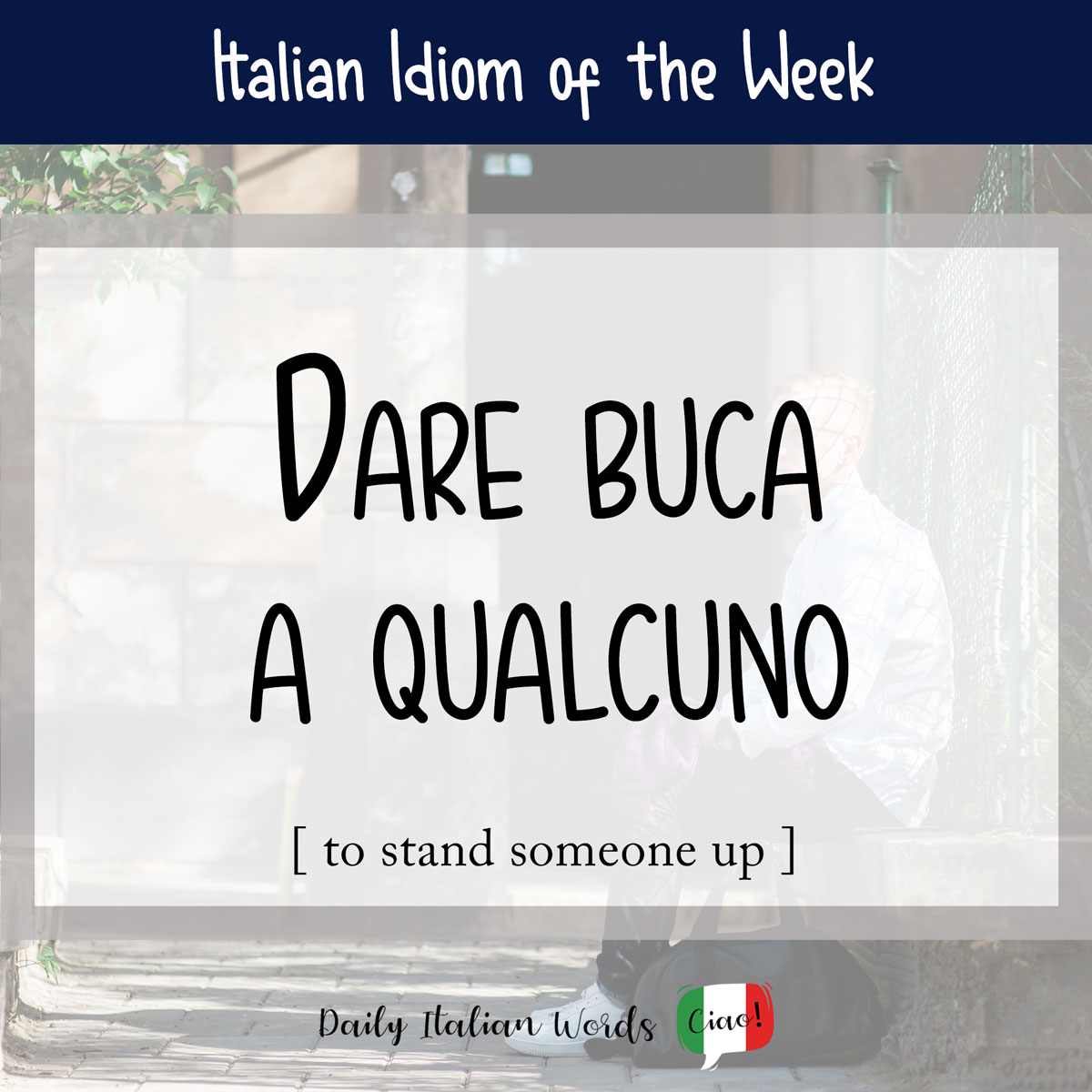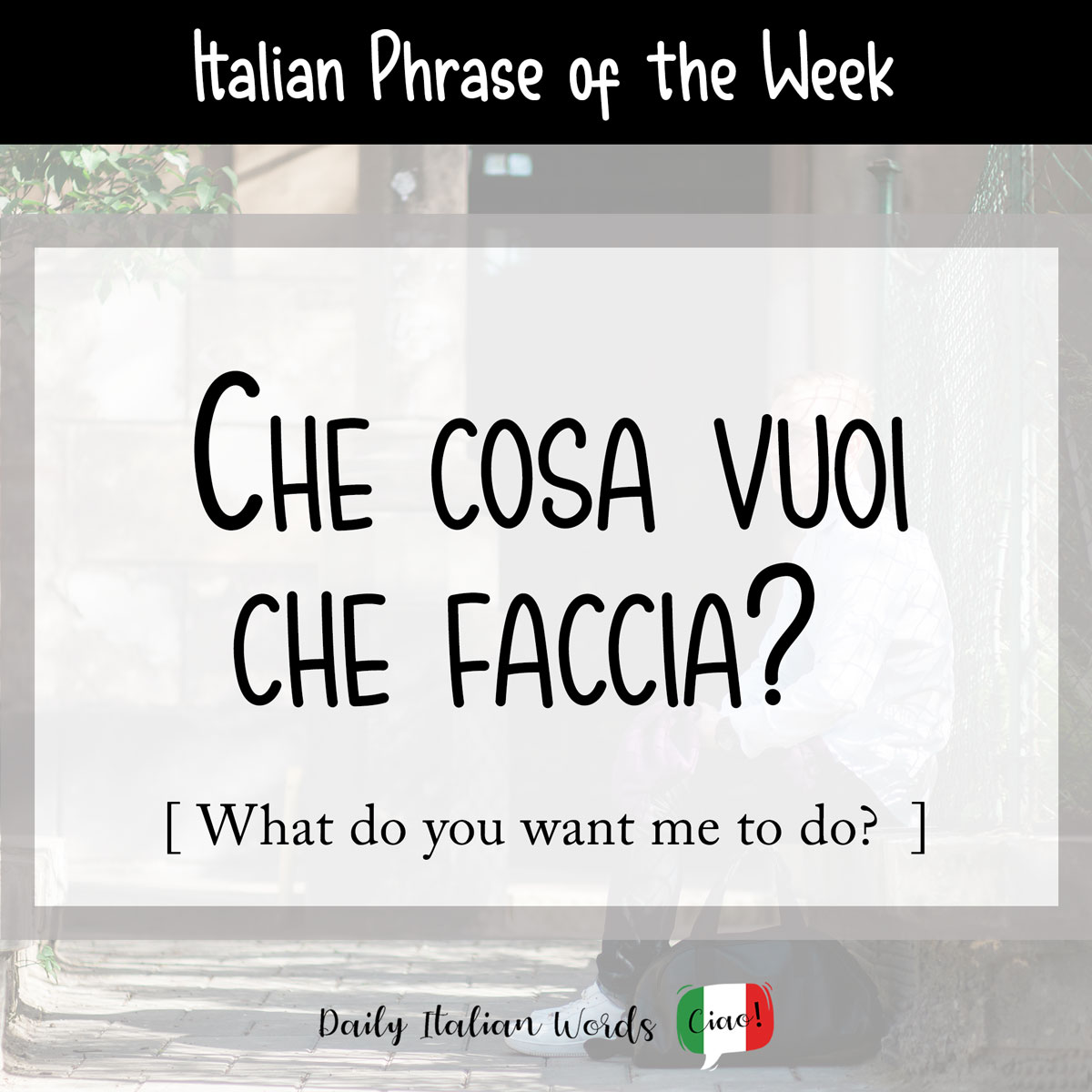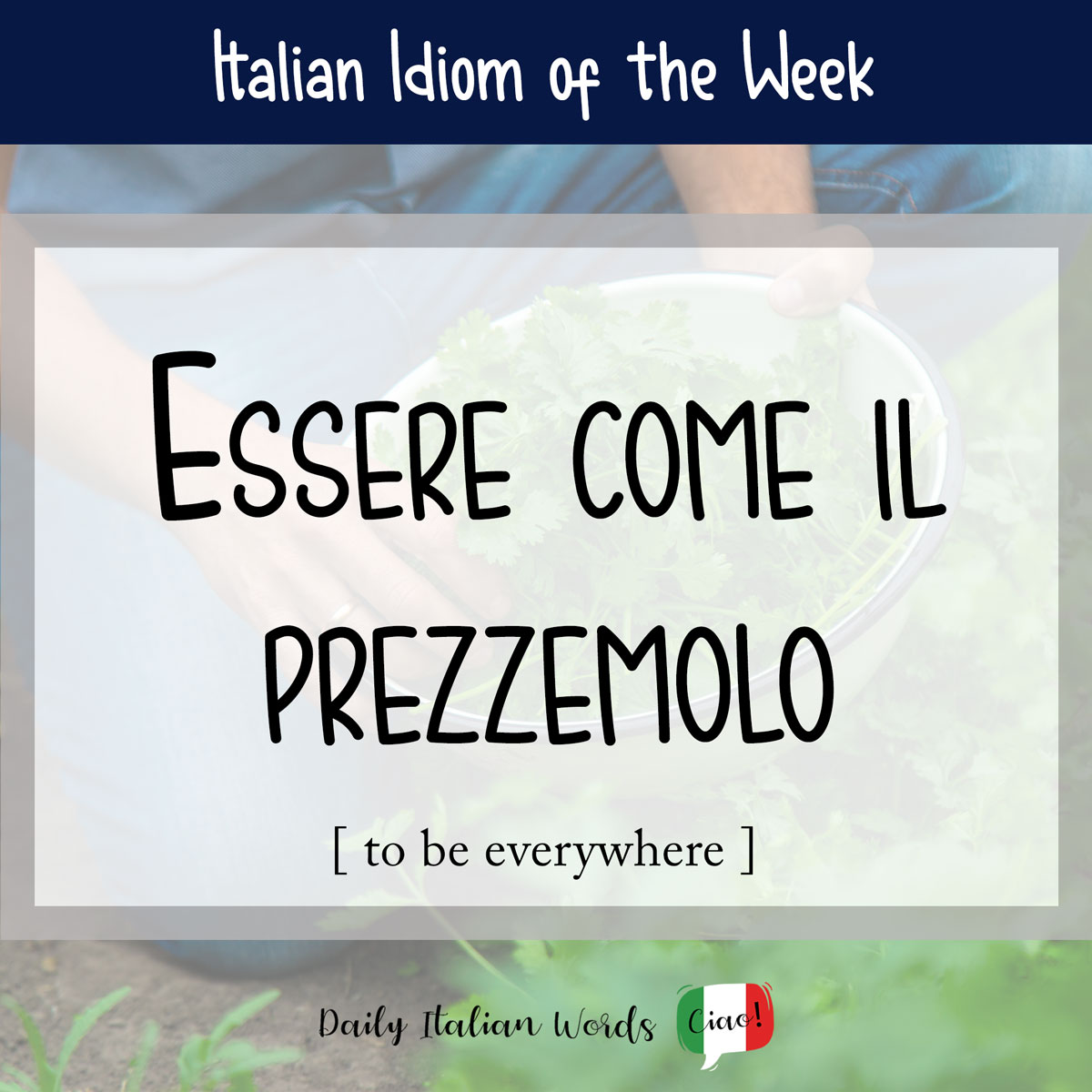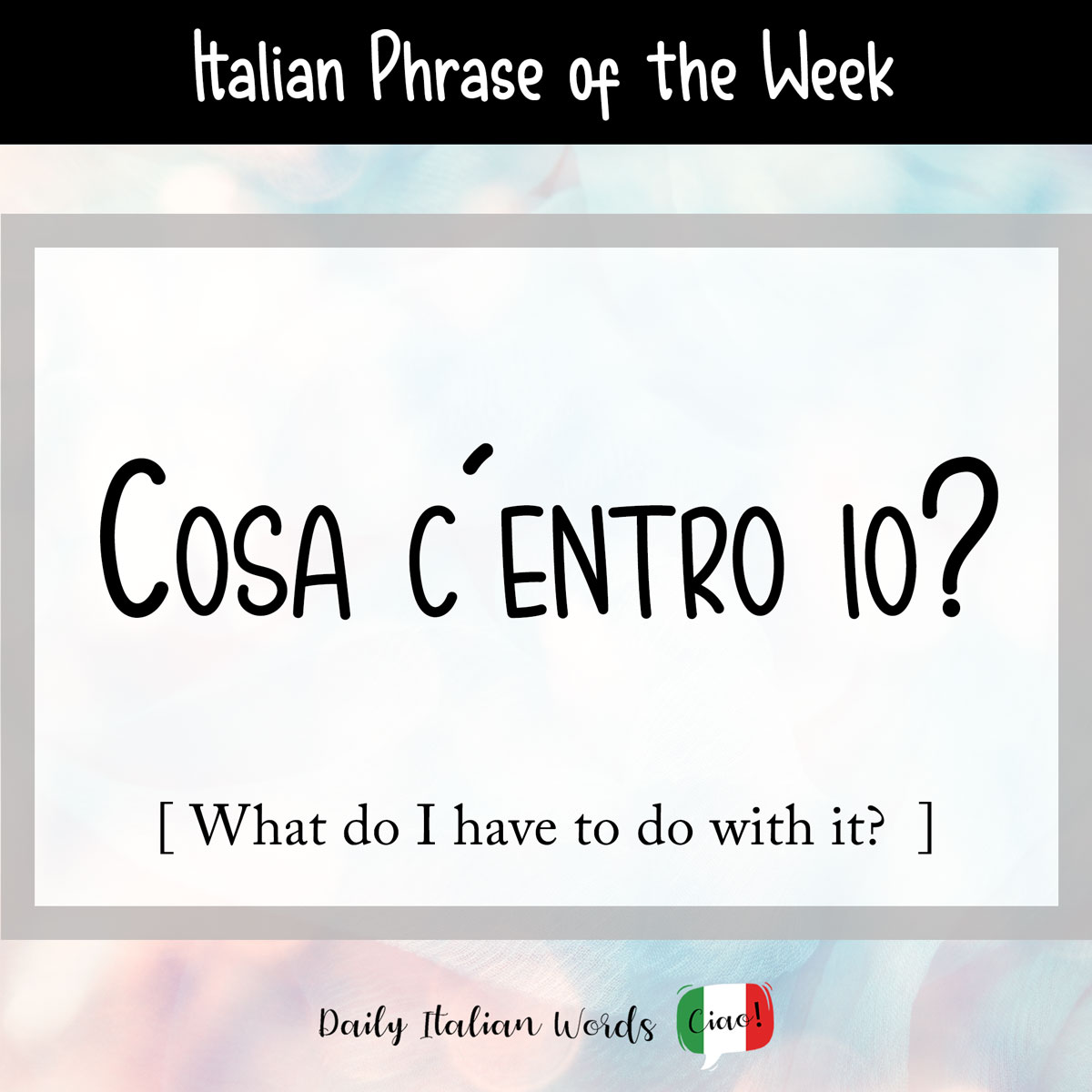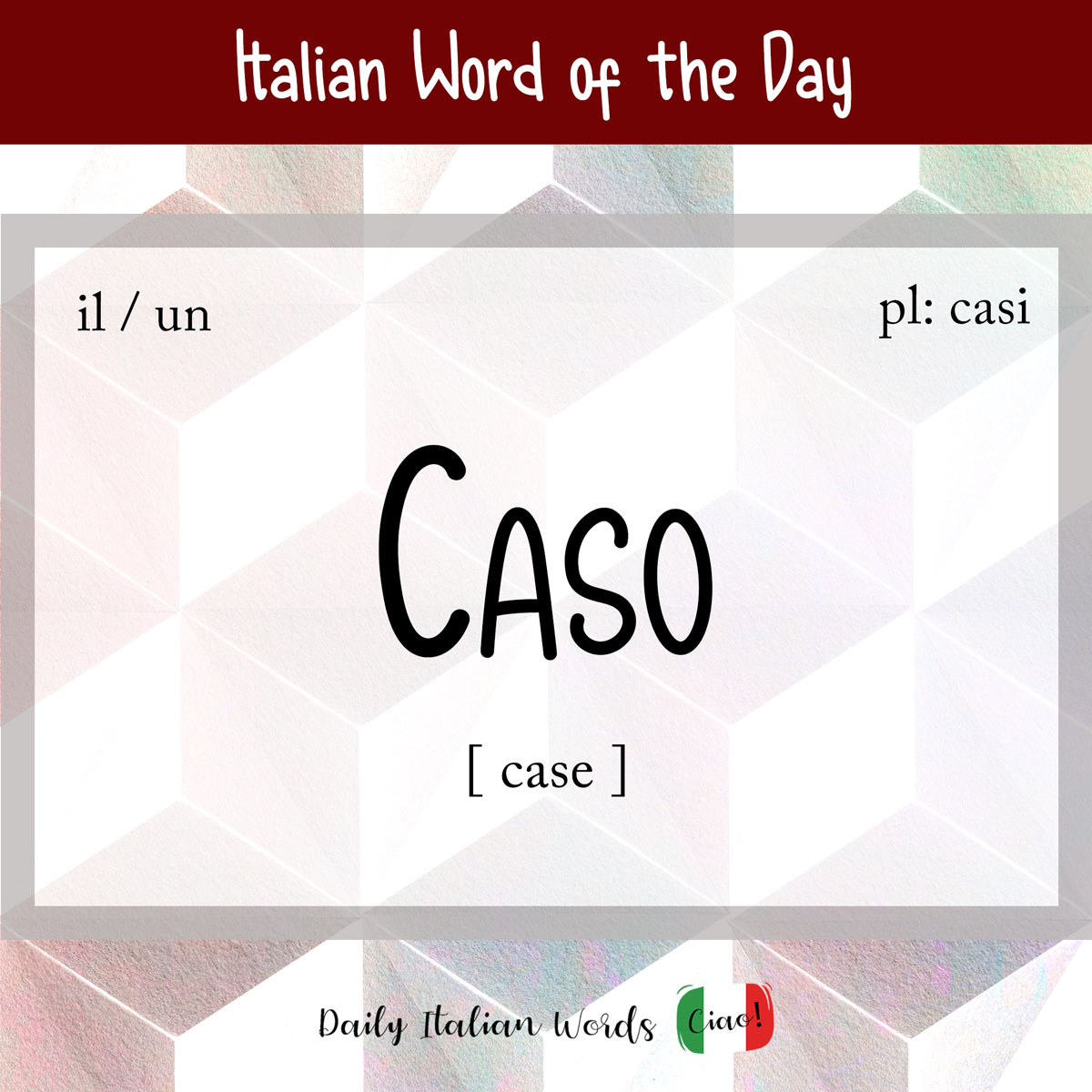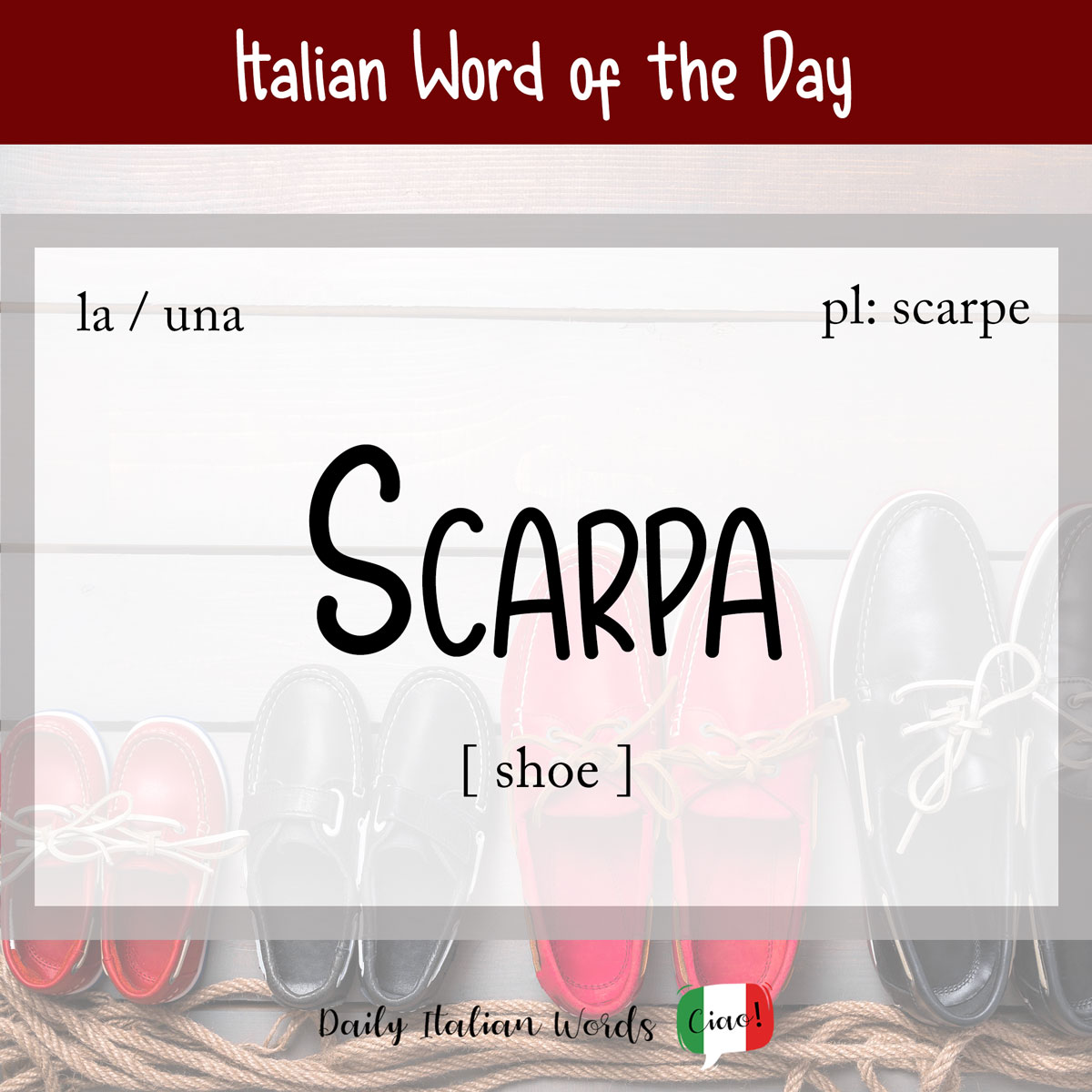Italian Idiom of the Week: Dare buca a qualcuno (to stand someone up)
I’m sure the vast majority of us have arranged to go out with someone, either on a date or just as friends, only to be left staring impatiently at our watch, waiting for that person to show up. In English, we might say that we’ve been “stood up” whereas in Italian, you can expect to …

